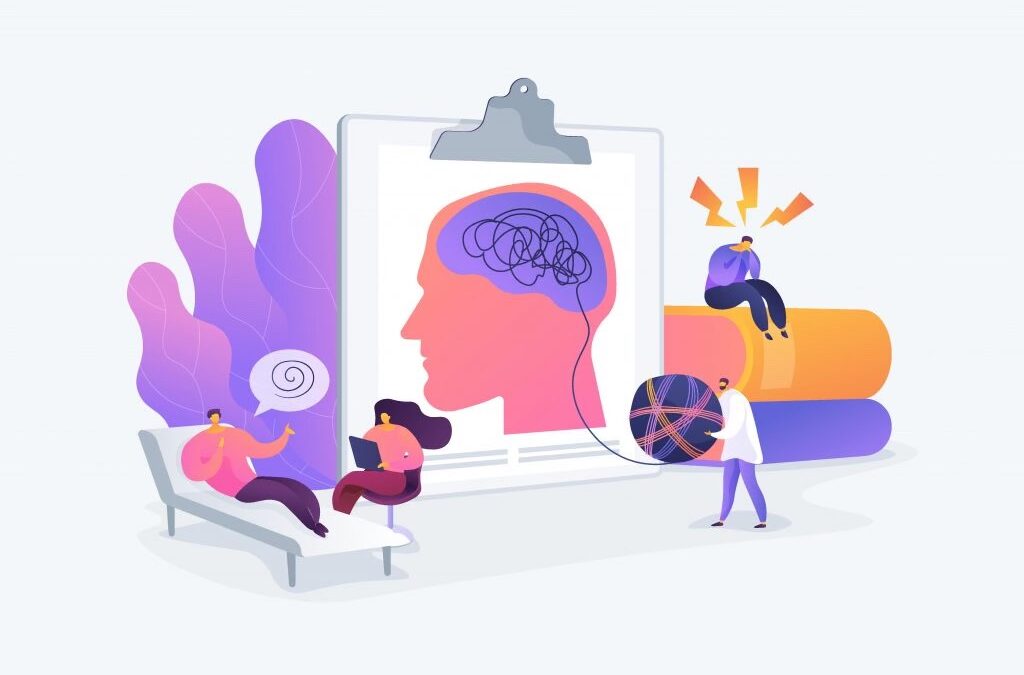Ketamine is a powerful anesthetic that is revolutionizing mental health but has been used in medicine for decades. Over the past few years, it has emerged as a revolutionary treatment for mental health conditions such as depression, anxiety, and post-traumatic stress disorder (PTSD). In this blog post, we will explore how ketamine is transforming the mental health industry and why it is quickly becoming the treatment of choice for many patients.
Ketamine for depression
Depression is a complex mental health disorder that affects millions of people worldwide. Traditional antidepressant medications can take weeks or even months to work, and they don’t work for everyone. In contrast, ketamine has been shown to provide rapid relief from depression symptoms in many patients. In fact, some studies have shown that ketamine can provide relief within hours of treatment.
Ketamine works by targeting the N-methyl-D-aspartate (NMDA) receptors in the brain, which are involved in learning, memory, and mood regulation. By modulating these receptors, ketamine can help alleviate the symptoms of depression. Ketamine is administered through an IV infusion or intranasal spray under medical supervision.
Ketamine for anxiety
Anxiety disorders are the most common mental health disorders in the United States, affecting nearly 40 million adults. Traditional anti-anxiety medications can be addictive and have unwanted side effects. In contrast, ketamine has been shown to be a safe and effective treatment for anxiety.
Ketamine can help reduce anxiety symptoms by targeting the amygdala, a part of the brain that is involved in fear and anxiety. By modulating the activity in the amygdala, ketamine can help reduce anxiety symptoms. Ketamine can be administered through an IV infusion or intranasal spray.
Ketamine for PTSD
PTSD is a debilitating mental health disorder that affects individuals who have experienced traumatic events such as military combat, sexual assault, or natural disasters. Traditional PTSD treatments can take months or even years to work, and they don’t work for everyone. In contrast, ketamine has been shown to provide rapid relief from PTSD symptoms in many patients.
Ketamine can help reduce PTSD symptoms by targeting the glutamate system in the brain. Glutamate is an excitatory neurotransmitter that is involved in learning and memory. In individuals with PTSD, the glutamate system is overactive, leading to symptoms such as flashbacks, nightmares, and hyperarousal. Ketamine can help modulate the glutamate system, reducing these symptoms. Ketamine can be administered through an IV infusion or intranasal spray.
The benefits of ketamine
Ketamine is revolutionizing the mental health industry by providing rapid relief from symptoms of depression, anxiety, and PTSD. Traditional treatments can take weeks or even months to work, and they don’t work for everyone. Ketamine, on the other hand, has been shown to provide relief within hours of treatment.
Ketamine is also safe and well-tolerated by most patients. Side effects are generally mild and short-lived, and they can be managed by a medical professional. Ketamine is also not addictive, making it a safer alternative to traditional medications such as benzodiazepines.
Conclusion
Ketamine is transforming the mental health industry by providing a safe and effective treatment for depression, anxiety, and PTSD. By targeting the NMDA receptors, the amygdala, and the glutamate system, ketamine can help alleviate the symptoms of these debilitating mental health disorders. Ketamine is also safe and well-tolerated by most patients, making it a promising treatment option for those who have not found relief with traditional medications.

